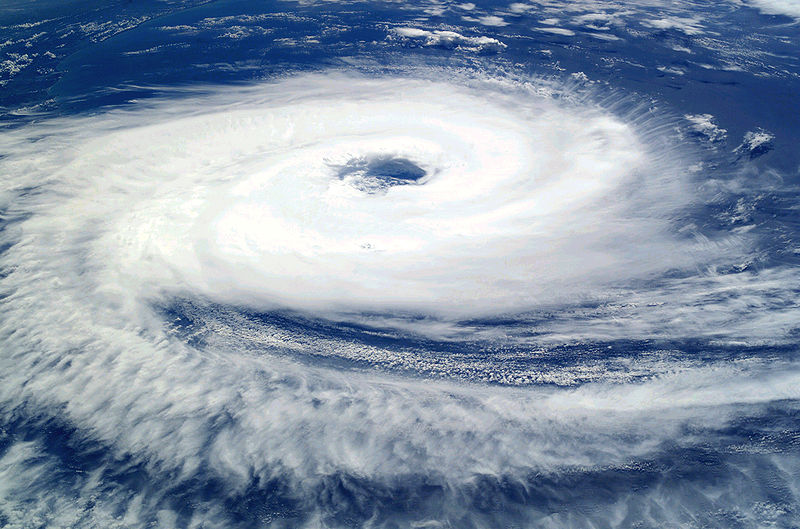
Calm Skies, Stormy Debate
On September 11, 2002, Hurricane Gustav became the Atlantic’s first hurricane of the year. This was the latest first hurricane in the Atlantic since the 1960s. September 11 is roughly halfway through the traditional hurricane season. But 2013 almost broke 2002’s record. The National Hurricane Center upgraded tropical storm Humberto to hurricane status at 5:00 last Wednesday morning, 3 hours before breaking Gustav’s record. Humberto was not a large hurricane, with peak winds of 80 mph. It formed over 300 miles west of the Cape Verde coast, and it did not touch land. Today, the hurricane season appears to be gaining force. Mexico is under attack from two different storms, with Tropical Storm Manuel hitting Mexico’s Pacific coast and Hurricane Ingrid coming from the Gulf of Mexico. Over 40 people have died so far.
Most forecasters predicted unusually high and intensive hurricane activity in 2013. Traditional climatology holds that as the atmosphere becomes warmer due to global warming; the amount of water vapor in the air will increase, making storms more intense. Now, climate change scientists are trying to explain why the forecasts for 2013 were wrong. Unfortunately, there is not simple solution. On possible answer is that the increase in warmer, drier air over the atmosphere has calmed the atmosphere. But fundamentally the abnormality appears to be just that, an abnormality.
The mild hurricane season does not weaken the case for climate change. The scientific consensus on climate change is a fact. Climate change is a fact. But while global warming is predictable, there will still be occasional, seasonal surprises.






[…] Calm Skies, Stormy Debate Brendan Zehner / American Security Project […]
[…] Calm Skies, Stormy Debate […]